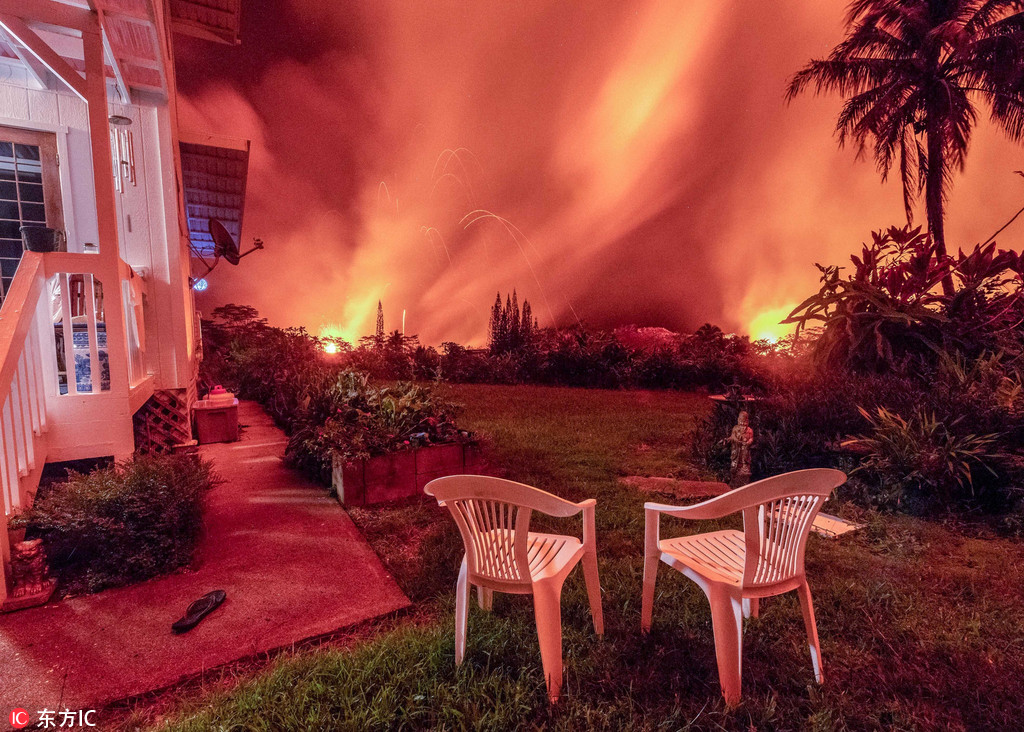Crack. Crack. Crack.
Last week,ポルノ映画館 ゴム iceberg A-68a was larger than Rhode Island. By Dec. 23, satellite footage showed the berg had broken apart into several (though still massive) chunks of ice.
Earth scientists have followed this enormous iceberg since July 2017, when it snapped off an ice shelf (the end of a glacier that floats over the ocean) in Antarctica. But over the last month, the berg stirred fresh intrigue. While drifting through the Southern Atlantic Ocean, A-68a was on course to potentially run aground off of similarly-sized South Georgia Island, a biologically rich, remote British territory about 800 miles east of the Falkland Islands. That could threaten wildlife and the marine environment around the penguin-populated island.
"It's a fascinating berg, given the size and trajectory," Stef Lhermitte, an assistant professor in the department of geoscience and remote sensing at the Netherlands' Delft University of Technology, told Mashable last week.
Now, after bumping into the shallow sea floor off the island and snapping off a chunk of ice, the berg has continued rupturing apart. The U.S. National Ice Center pointed out the resulting new icebergs, A-68e and A-68f on Monday.
 The ruptured iceberg A-68a on Dec. 23. Credit: Copernicus Sentinel / Pierre Markuse
The ruptured iceberg A-68a on Dec. 23. Credit: Copernicus Sentinel / Pierre Markuse  The journey of iceberg A-68a. Credit: esa
The journey of iceberg A-68a. Credit: esa This Tweet is currently unavailable. It might be loading or has been removed.
Overall, the large berg (now bergs) has been pushed along in a current meandering south of the island. The story, however, isn't nearly finished. Some of the new bergs may still get stuck on the shallow sea floor near other parts of South Georgia. In the past, large icebergs have grounded for months just off the island, while others have drifted by.
Massive icebergs benefit the oceans by fertilizing the waters with minerals as they journey through the sea. But the same bergs can also threaten life on a place like South Georgia Island, home to rich populations of penguins, seals, birds, and beyond. Scientists with the British Antarctic Survey are observing how the icebergs might hinder these animals from foraging, and how bounties of freshwater dumping into the ocean could disrupt the marine environment.
Icebergs breaking off of glaciers is a normal, natural event, called calving. But in the coming years on a relentlessly warming planet, marine researchers expect more icebergs as warmer ocean waters melt more ice. Already, Western Antarctica has seen a pronounced increase in calving events. More calving means the possibility of profound sea level rise, particularly from Antarctica's destabilized Thwaites glacier, which could potentially unleash many feetof sea level rise, a disastrous outcome.
"In the future as the climate warms, we will see more icebergs in general," Povl Abrahamsen, a physical oceanographer with the British Antarctic Survey, told Mashable last week.
 Google Drive is trash. Here's why and how to fix it.
Google Drive is trash. Here's why and how to fix it.
 Tinder to make ID verification available worldwide
Tinder to make ID verification available worldwide
 Yelp adds COVID vaccine requirements on business listings
Yelp adds COVID vaccine requirements on business listings
 How to Duet on TikTok
How to Duet on TikTok
 Google Drive is trash. Here's why and how to fix it.
Google Drive is trash. Here's why and how to fix it.
 How to verify your Tinder profile
How to verify your Tinder profile
 Let Aiden Arata, the meme queen of depression Instagram, take you through guided meditation
Let Aiden Arata, the meme queen of depression Instagram, take you through guided meditation
 Get the Future fitness app and a real
Get the Future fitness app and a real
 Kataomi порассуждал, над чем стоит поработать BetBoom Team
Kataomi порассуждал, над чем стоит поработать BetBoom Team
 Suni Lee blames social media for her bronze medal on uneven bars
Suni Lee blames social media for her bronze medal on uneven bars
 Откровенный косплей на Гермиону Грейнджер из ?Гарри Поттера? — 100 очков Гриффиндору
Откровенный косплей на Гермиону Грейнджер из ?Гарри Поттера? — 100 очков Гриффиндору
 Doggos, puppers, oh h*ck: Dog speak is cringey, but no one cares
Doggos, puppers, oh h*ck: Dog speak is cringey, but no one cares
 Meet TikTok's Spotify influencers
Meet TikTok's Spotify influencers
 People flood England players' Instagram pages with support amid racist abuse
People flood England players' Instagram pages with support amid racist abuse
 Та самая сцена у бассейна — косплей на Аску из ?Евангелиона?
Та самая сцена у бассейна — косплей на Аску из ?Евангелиона?
 The latest batch of emojis features beans, orcs, and a melting face
The latest batch of emojis features beans, orcs, and a melting face
 Woman celebrates her divorce by recreating Nicole Kidman's iconic divorce outfit
Woman celebrates her divorce by recreating Nicole Kidman's iconic divorce outfit
 People got horny on main to farewell Fleets. But after midnight, the Fleets remained.
People got horny on main to farewell Fleets. But after midnight, the Fleets remained.
 NYT's The Mini crossword answers for January 4
NYT's The Mini crossword answers for January 4
 Marcus Rashford pens heartfelt letter following racist abuse after Euro final
Marcus Rashford pens heartfelt letter following racist abuse after Euro final
Alan Nishio: Intelligence, Grace, and DignityMatchain Partners With Paris SaintA Year On, Recovering One Step at a TimeINTO THE NEXT STAGE: Learning Japanese and the Shimajiro ConnectionMatsui, Hirono on Passing of Justice Sandra Day O’Connor???????????Takei Responds to Critics of Diversity in ‘Star Trek Discovery’THROUGH THE FIRE: Our Tax Dollars at WorkGate Group Sponsors the TON HackathonTanoshii Tanka at Beyond BaroqueMatsui, Hirono on Passing of Justice Sandra Day O’Connor??????????? How to watch all the 2022 Oscar Oscars red carpet 2022: See Lily James, Sofia Carson, Jessica Chastain and more 'Moonshot' review: A sci Will Smith resigns from the Academy after Oscars incident Will Smith and Chris Rock: Why you cared so much about the slap 'Morbius' review: Jared Leto's vampire Marvel movie is a toothless bore YouTube added 1,500 free movies, but good luck finding them Google Maps update adds toll roads and traffic lights 'The Bubble' review: A waste of time and talent Elon Musk has bought a 9.2% stake in Twitter
0.1636s , 10071.28125 kb
Copyright © 2025 Powered by 【ポルノ映画館 ゴム】Enter to watch online.The world's most suspenseful iceberg is breaking apart,